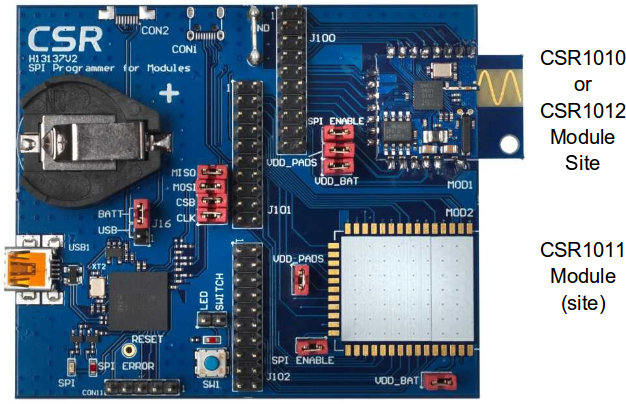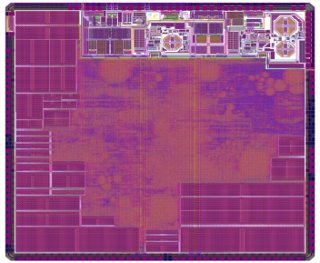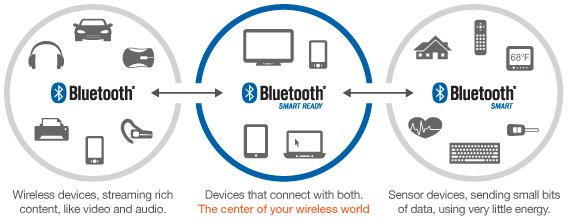CSR has recently launched CSR µEnergy Starter Development Kit, a low-cost devkit based on their CSR1010, CSR1011 and CSR1012 modules for developers designing Bluetooth Smart, aka Bluetooth Low Energy, applications. Main features of CSR µEnergy Starter DevKit: Fitted with CSR1010, CSR1011, or CSR1012 module USB or CR2032 battery powered (link selectable) USB SPI interface to development PC Headers – 1x Headers for CSR1010/CSR1012 I/O, 2x Headers for CSR1011 I/O Misc – 1x push button, 1x LED Dimensions – 80x68mm PCB area The modules are based on the Bluetooth Smart ICs with the same name, and the following characteristics: CSR1010 – QFN 32 lead, 5 x 5 x 0.6mm, 0.5mm pitch CSR1011 – QFN 56 lead, 8 x 8 x 0.9mm, 0.5mm pitch CSR1012 – QFN 32 lead, 4 x 4 x 0.65mm, 0.4mm pitch All three come with 128KB memory (64KB RAM and 64KB ROM), CSR1010 and CSR1012 has 12 digital […]
Weightless Roadmap – Silicon, Modules, SDKs, Base Stations and Networks
The Weightless Standard aims at using the “white space” spectrum, previously used by analog TV broadcasts, for free M2M / IoT communication coupled with low power and cost-efficient hardware offering a range of over 10 km. Longer term the target is to reach $2 hardware cost, and $2 yearly servicing costs. Companies involved with Weightless include Neul, ARM, CSR and Freescale among others. You can read my previous post about Weightless for a longer overview. The Weightless Special Interest Group (SIG) has recently revealed the hardware roadmap for the new standard, which I’ll summarize below. Weightless Chip Neul Iceni, the first weightless silicon, was officially announced in February 2013. The latest version of the chip taped in May 2013 integrates UHF radio operating between 410 and 790 MHz supporting both TV white space and narrowband operation. It is suitable for low volume production applications. A third generation will be taped […]
Bluetooth Versions Walkthrough, and Bluetooth 4.0 Low Energy Development Resources
I’ve seen more and more Bluetooth 4.0 LE devices in the last few months including RFDuino, Wimoto Motes, TI SensorTag, and Scadanu Scout, so I thought it would be good to write a bit about Bluetooth. First, I’ll write about the different version of Bluetooth, since I was still confused with the practical implications between the versions, and then I’ll show some development kits and software resources to play around and/or develop Bluetooth 4.0 LE applications both on devices and hosts. Bluetooth Versions Bluetooth v1.0 and v1.0B The Bluetooth 1.0 Specification was released in 1999, and according to an entry in Wikipedia, 1.0 and 1.0B devices had many issues, mainly interoperability issues. You won’t find any Bluetooth 1.0 device today. Bluetooth v1.1 Bluetooth v1.1 was ratified as IEEE Standard 802.15.1-2002 in 2002. It fixed many issues found in the previous specifications, added the option to use non-encrypted channels, as well […]





